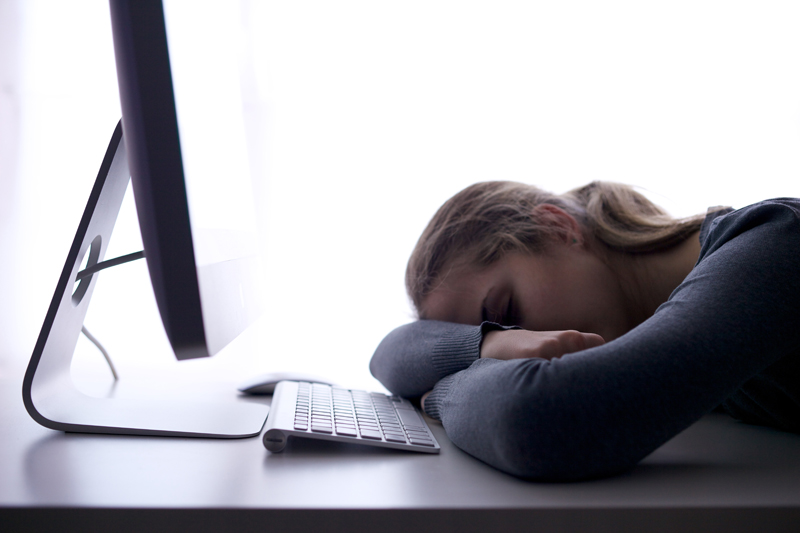Diabetes and your belly button

DIABETES AND YOUR BELLY BUTTON
Being a diabetic means you are constantly fighting infection. An area of your body you may not think about is your belly button. Did you know a study was done where people’s belly buttons were swabbed? The researchers found thousands and thousands of strains of bacteria and other nasty things in that body cavity.
So what can you do to keep your nasty bacteria in check in your belly button? Just do these few steps every month to keep your belly button healthy and happy.
After your shower or bath, be sure to dry your belly button thoroughly. Bacteria like warm, moist environments to grow. Your belly button is perfect for that. So take a nice, cotton towel using the corner, go deep into your belly button cavity. Don’t be surprised if there is a smell as you dry your belly button out. Once your belly button is healthy you should smell nothing.
Once or twice a month, clean your belly button with antibacterial soap to prevent build-up of bacteria. When you put your finger in your belly button there shouldn’t be any smell, foul or otherwise. Once you have washed out your belly button, make sure you clean it out well, making sure there isn’t any soap residue. Once done, be sure to dry out your belly button after your bath or shower. If you are vigilant you have fewer chances of getting an infection in your belly button.
What happens if you get an infection in your belly button? There are many signs of infection. You may see blood or pus coming from your belly button, if you do, make an appointment with your doctor immediately as stronger measures will be needed. Also, if you have a foul odor or smell from your belly button is another indication your belly button isn’t healthy.
Also, you can also take a cotton q-tip with alcohol to help dry out your belly button after your shower or bath. This will prevent further problems or infections in the future.
More than likely your doctor will prescribe some antibiotic ointment for you to apply to your belly button. Your doctor will also take a swab of your belly button to see if you have an infection.
If an infection is found, your doctor will be prescribing an oral antibiotic to take care of the infection. Be careful you don’t get a UTI or another infection since oral antibiotics can cause other infections.
Just be vigilant on your belly button care and your chance of problems will lessen.
Remember don’t guess, TEST!




Being a diabetic means you are constantly fighting infection. An area of your body you may not think about is your belly button. Did you know a study was done where people’s belly buttons were swabbed? The researchers found thousands and thousands of strains of bacteria and other nasty things in that body cavity.
So what can you do to keep your nasty bacteria in check in your belly button? Just do these few steps every month to keep your belly button healthy and happy.
After your shower or bath, be sure to dry your belly button thoroughly. Bacteria like warm, moist environments to grow. Your belly button is perfect for that. So take a nice, cotton towel using the corner, go deep into your belly button cavity. Don’t be surprised if there is a smell as you dry your belly button out. Once your belly button is healthy you should smell nothing.
Once or twice a month, clean your belly button with antibacterial soap to prevent build-up of bacteria. When you put your finger in your belly button there shouldn’t be any smell, foul or otherwise. Once you have washed out your belly button, make sure you clean it out well, making sure there isn’t any soap residue. Once done, be sure to dry out your belly button after your bath or shower. If you are vigilant you have fewer chances of getting an infection in your belly button.
What happens if you get an infection in your belly button? There are many signs of infection. You may see blood or pus coming from your belly button, if you do, make an appointment with your doctor immediately as stronger measures will be needed. Also, if you have a foul odor or smell from your belly button is another indication your belly button isn’t healthy.
Also, you can also take a cotton q-tip with alcohol to help dry out your belly button after your shower or bath. This will prevent further problems or infections in the future.
More than likely your doctor will prescribe some antibiotic ointment for you to apply to your belly button. Your doctor will also take a swab of your belly button to see if you have an infection.
If an infection is found, your doctor will be prescribing an oral antibiotic to take care of the infection. Be careful you don’t get a UTI or another infection since oral antibiotics can cause other infections.
Just be vigilant on your belly button care and your chance of problems will lessen.
Remember don’t guess, TEST!



Related Articles
Editor's Picks Articles
Top Ten Articles
Previous Features
Site Map
Content copyright © 2023 by Cindy Kimura. All rights reserved.
This content was written by Cindy Kimura. If you wish to use this content in any manner, you need written permission. Contact Cindy Kimura for details.







